One of the many plights of the homeowner is deciphering what your home insurance does and does not cover, and wood siding may be one of the aspects in question. Wood siding can be prone to rot and other issues, so will your insurance cover this type of home overlay? We've done the research to give you an answer.
Generally, wood siding is covered by homeowners' insurance. However, whether the insurance will pay for repairs to this type of siding depends on the event that caused the damage and whether this event is written into the insurance policy.
Now we've given you a general answer to your question, but perhaps you'd like more details. It's essential to know how home insurance is set up to protect your investment and when it is appropriate to file a claim for damage to your home's wooden exterior. Keep reading to learn more.

Siding And Homeowners Insurance
Home insurance is put into place to protect a client's investment in the event of unusual or emergent circumstances. Siding is a part of the home that adds to its appeal and, in turn, its worth. So, of course, this is a part of the home that we expect to be covered and fixed in the case of damage.
Types Of Siding
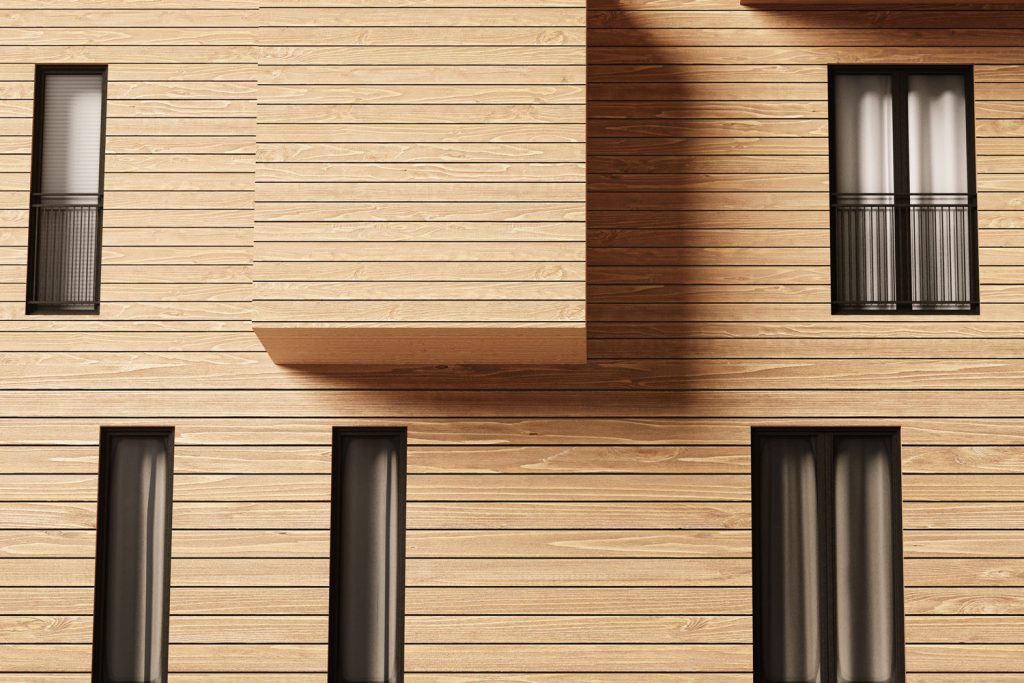
Some choose to overlay their home's frame with brick, stone, vinyl, aluminum, wood, or a combination of these. When you think of wood siding, you may visualize old wood planks on aging homes that have begun to crack and rot. So, you may naturally wonder whether an insurance company will cover this type of siding.
It is true that there are some potentially significant flaws with this type of siding. It must be consistently maintained to prevent rotting and warping. It will grow mold and allow water behind it if it is not. This could threaten the integrity of the home's structure.
Take a look at this protecting stain for wood siding on Amazon.
Insurance companies cover wood siding and generally do not discriminate between this and any other type of overlay. They are less concerned with the type of siding used on a home and more concerned with the event that caused it.
It's important to understand that insurance only covers what is written into the policy and nothing more. This is why covering wood siding is not a concern to them.
An adjuster will easily be able to tell whether the wood siding was pulled apart by high winds or whether it has rotted due to years of neglect, in which case they would not be obligated to pay according to their policy.
Covered Damages
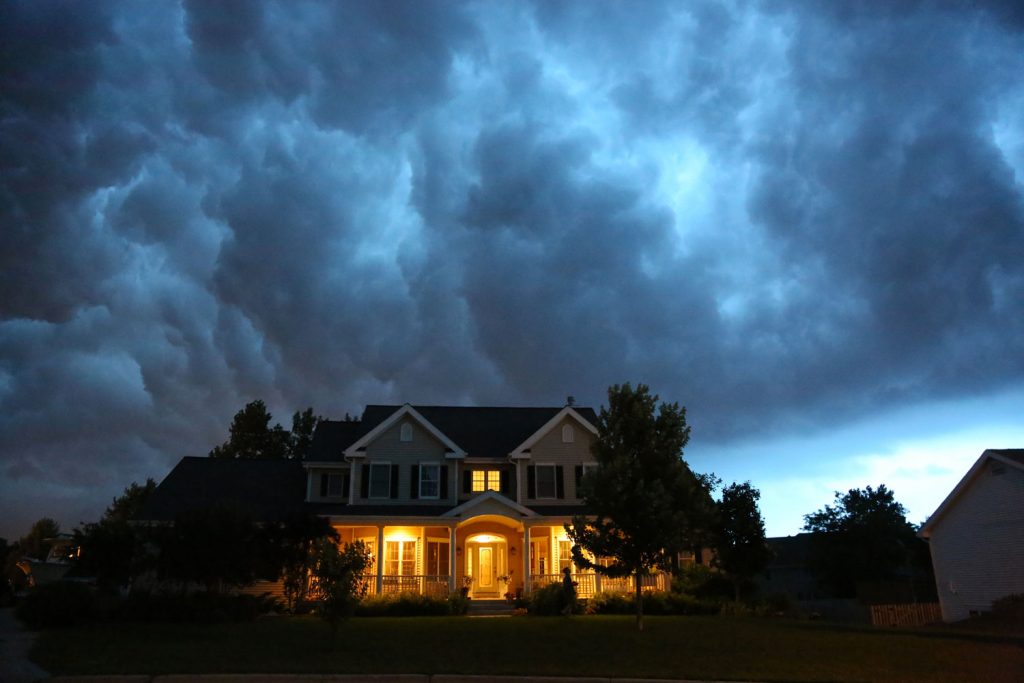
Covered events may often be referred to in a policy as "perils." A homeowner must assess their policy and consider which perils are listed.
Some of the most common are weather-related, and these would be the ones that are most important when it comes to your home's exterior. Common weather events that may be listed could be extreme winds, hail, tornados, and in some areas, hurricanes.
There are other events that are not weather-related, which also may be written into your policy, such as fire, vandalism, vehicle damage, and aircraft damage.
Water Damage
While your policy may cover some types of damage, others may be less clear. Water damage is one.
What Water Damage Is Covered By Homeowners Insurance?
Homeowners' insurance can be surprisingly fickle when it comes to water damage, and it can be challenging to understand when it will be covered and when it won't. This includes water damage to your home's siding.
One of the covered incidences would be if a plumbing fixture has busted, broken, or leaked. In some cases, this could cause water to seep in behind the siding and cause damage.
This assumes that the plumbing was not neglected and that the fixture malfunctioned suddenly. If the fixture has been leaking for a time and slowly caused damage, this would be assumed to be at the homeowner's fault, causing the insurance company not to be responsible for covering the damages.
Insurance is also responsible for paying for damages caused by wind, snow, and ice. However, that assumes that the damage was done suddenly, not over time.
Otherwise, it will be chalked up to normal wear and tear, or in fact, neglect on the homeowner's part if the siding had not been adequately maintained to prevent the damage.
Other cases which would be covered are frozen plumbing fixtures or sudden leaks of home appliances such as clothes and dishwashers.
Water damage caused by floods, however, is not covered. Unless the homeowner has purchased flooding insurance specifically, this will be outside the realm of typical homeowners insurance. The same is true of water damage caused by earthquakes.
Check out this sump pump check valve on Amazon.
Some incidences that are also not covered and may surprise you are sump pump back up and sewage or drain back up. These are decidedly the responsibility of the homeowner to prevent with regular maintenance to these systems.
How Can I Maximize My Water Damage Claim?
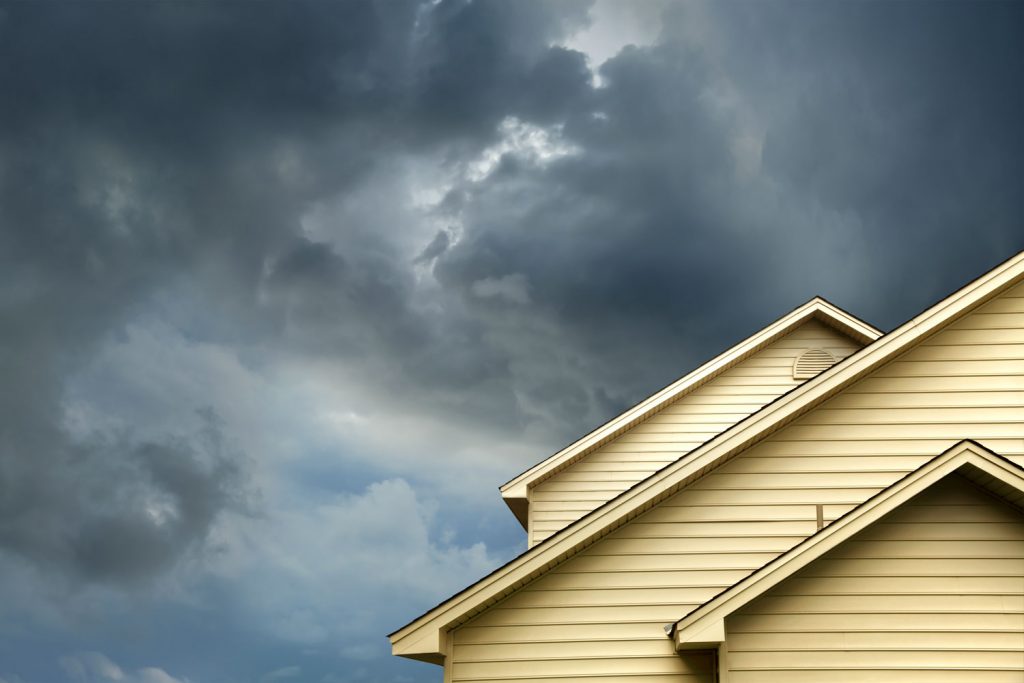
If you have read over your homeowners' policy and have found that the damage can be claimed, you should now do all you can to maximize the claim. Here are a few things that will aid you in getting what is owed to you by your insurance company.
Contact your insurance company immediately to report the damage. Often insurance companies will not entertain claims for water damage outside of a specified time frame. So it is imperative that you make a claim quickly.
Collect your own evidence. Take pictures and video, documenting the damage you have observed as well as what you believe to have caused it.
Hire a public adjuster. Of course, the insurance company will provide their own adjuster for inspecting the water damage, but a public adjuster will work for you. Therefore, they will work to get you a fair settlement rather than work in the insurance company's best interest.
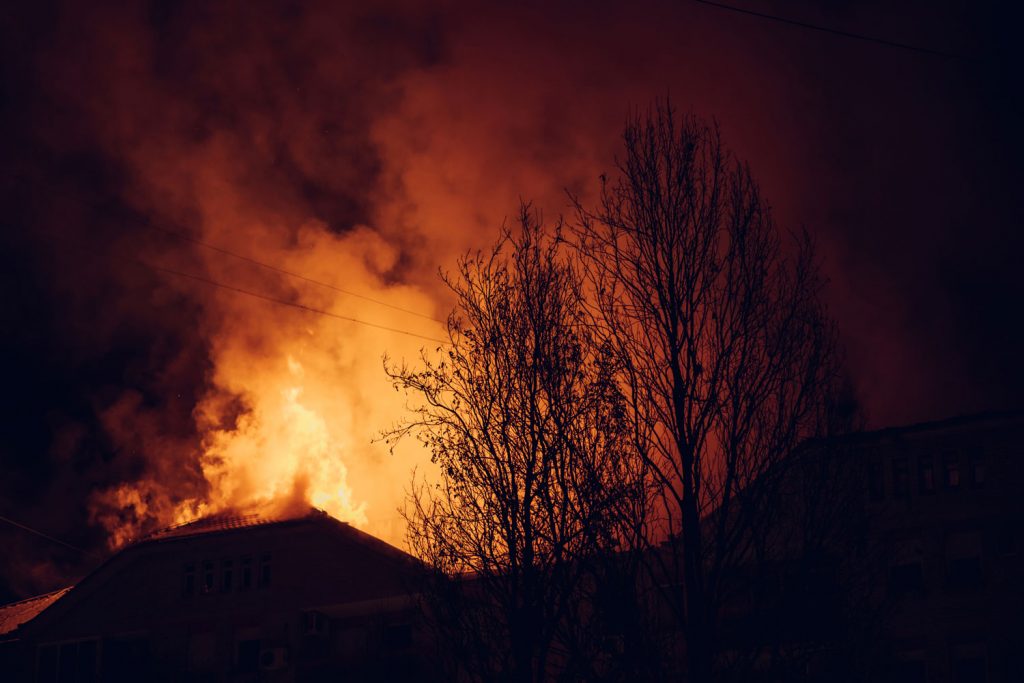
When the insurance company has approved your claim, use professionals of your own choosing to do the work on your home instead of the insurance company's suggested vendors. This will ensure that those working on your home will be loyal to you as a client rather than the insurance company.
Dry Rot Damage
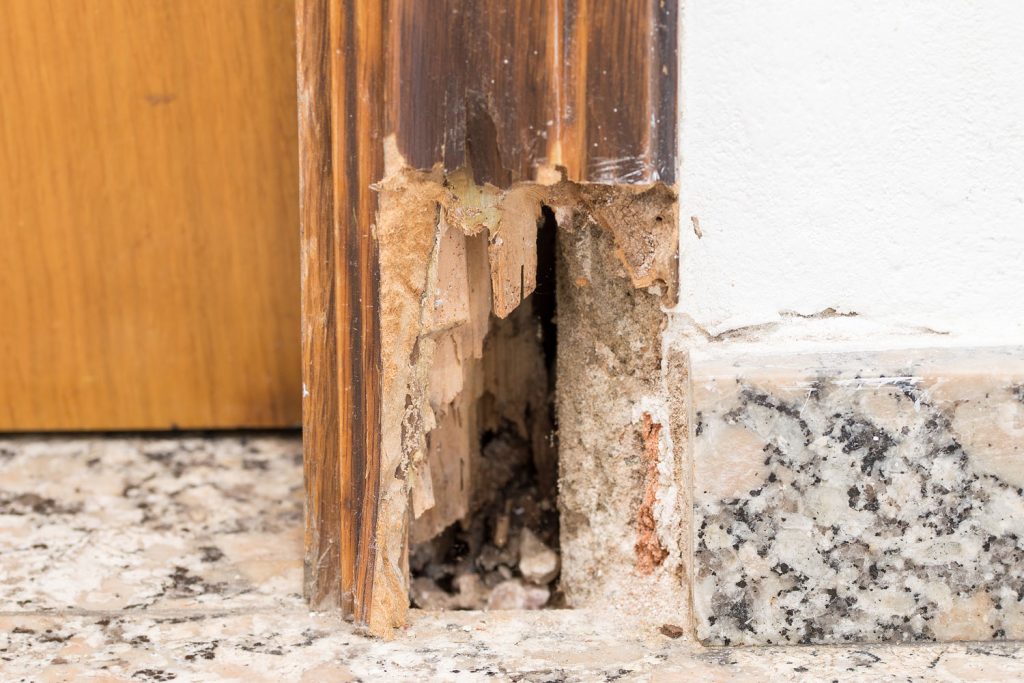
Dry rot is another type of damage often seen on wood siding and may puzzle you when it comes to insurance. We'll answer some frequently asked questions.
Does Insurance Pay For Dry Rot?
Dry rot, very often, will not be covered by homeowners' insurance. This is because, as previously stated, insurance companies typically do not cover damages that take place over time, and the homeowner could have possibly prevented that.
Dry rot happens slowly and is usually overlooked until it has become a significant presence. So it may be difficult for a homeowner to determine how, when and why dry rot took place.
Even if a client believes that dry rot happened due to an event covered by insurance, such as a burst pipe, the insurance company may ignore this belief. In this case, the client should hire a public adjuster to help prove their claim and correspond with the insurance company.
Does Homeowners Insurance Pay For A Rotting Deck?
Typically, no. Homeowners' insurance will usually not pay for a rotting deck, especially one appearing to rot due to normal wear and tear or neglect.
Nevertheless, if you are sure that the deck has begun to rot due to a covered peril in your insurance claim, you can file the claim and pursue payment by hiring a public adjuster.
In Conclusion
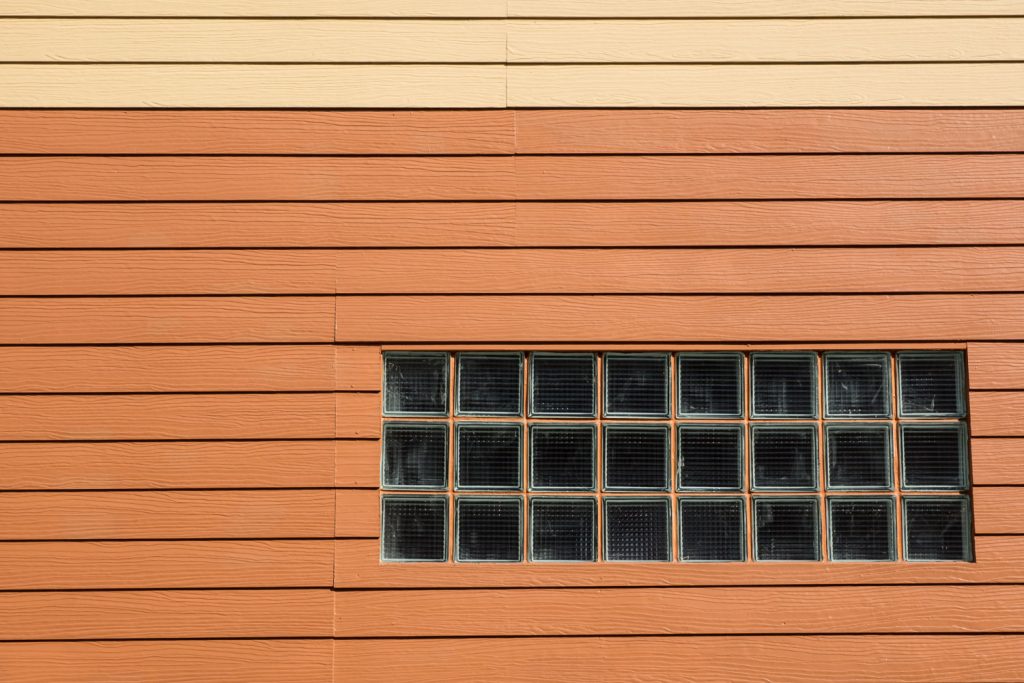
Wood can be a less resistant and durable material for a home's siding than others, such as aluminum or vinyl, so that homeowners may worry about coverage. We have found that wood siding is covered by insurance, as long as the damages claimed are caused by events specified in the insurance policy.
Want to learn more about homeowners' insurance? Visit these related posts:





